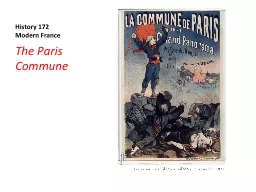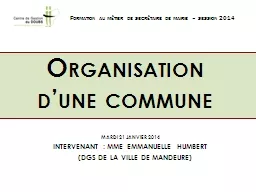PDF-[READING BOOK]-Future Histories: What Ada Lovelace, Tom Paine, and the Paris Commune Can
Author : macstontaevon | Published Date : 2023-04-01
The Desired Brand Effect Stand Out in a Saturated Market with a Timeless Brand
Presentation Embed Code
Download Presentation
Download Presentation The PPT/PDF document "[READING BOOK]-Future Histories: What Ad..." is the property of its rightful owner. Permission is granted to download and print the materials on this website for personal, non-commercial use only, and to display it on your personal computer provided you do not modify the materials and that you retain all copyright notices contained in the materials. By downloading content from our website, you accept the terms of this agreement.
[READING BOOK]-Future Histories: What Ada Lovelace, Tom Paine, and the Paris Commune Can: Transcript
Download Rules Of Document
"[READING BOOK]-Future Histories: What Ada Lovelace, Tom Paine, and the Paris Commune Can"The content belongs to its owner. You may download and print it for personal use, without modification, and keep all copyright notices. By downloading, you agree to these terms.
Related Documents

![PDF-[READING BOOK]-Future Histories: What Ada Lovelace, Tom Paine, and the Paris Commune Can](https://thumbs.docslides.com/986957/reading-book-future-histories-what-ada-lovelace-tom-paine-and-the-paris-commune-can-teach-us-about-digital-technology-l.jpg)











![[READING BOOK]-Ada\'s Algorithm: How Lord Byron\'s Daughter Ada Lovelace Launched the](https://thumbs.docslides.com/986952/reading-book-ada-s-algorithm-how-lord-byron-s-daughter-ada-lovelace-launched-the-digital-age.jpg)
![[READING BOOK]-Sketch of the Analytical Engine Invented by Charles Babbage: Translation](https://thumbs.docslides.com/986969/reading-book-sketch-of-the-analytical-engine-invented-by-charles-babbage-translation-and-notes-by-ada-lovelace.jpg)